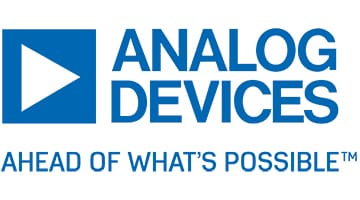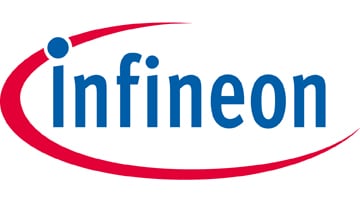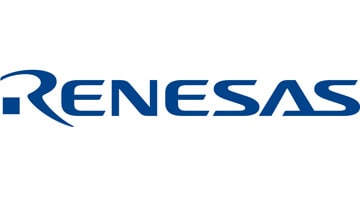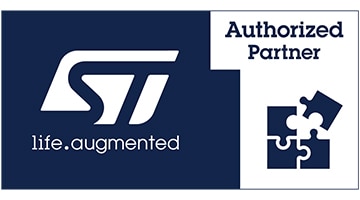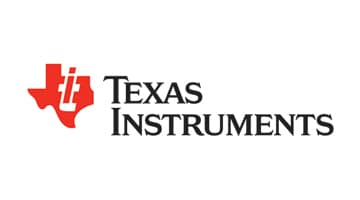Microchip MCP1661 | Demoboard ADM00566
MCP1661 High-Voltage Boost and SEPIC Converters Evaluation Board User’s Guide
Overview
| Topology | SEPIC Buck-Boost Topology |
| Input voltage | 2.4-5.5 V |
| Output 1 | 3.3 V / 0.45 A |
| IC revision | A |
Description
The MCP1661 High-Voltage Boost and SEPIC Converters Evaluation Board is used toevaluate and demonstrate Microchip Technology’s MCP1661 product. This boarddemonstrates the MCP1661 capabilities in two different topologies:• 12V output Boost Converter application supplied from an external voltage source(VIN < 5.5V e.g. two cell boost to 12V)• 3.3V output SEPIC Converter application supplied from a Li-Ion Cell.It can be used to evaluate the SOT-23-5 package. The MCP1661 High-Voltage Boost and SEPIC Converters Evaluation Board was developed to help engineers reduce product design cycle time.In both the MCP1661 Boost Application and MCP1661 SEPIC Application, the output voltage is set to the proper value using an external resistor divider, resulting in a simple and compact solution.In the MCP1661 SEPIC Application, a switch is used to enable and disable the converter. When enabled, the MCP1661 will regulate the output voltage; whendisabled, the MCP1661 SEPIC Application will disconnect the path from input to output.
Features
- MCP1661 device can be evaluated in two separate applications: Boost and SEPIC
- Under voltage Lockout (UVLO)
- Start-up Voltage: 2.3V (UVLO Start)
- Input Voltage range (VIN) after start-up: 2.4V to 5.5V, with VIN VOUT
- Output Voltage:
- 12V (for MCP1661 Boost Application)
- 3.3V (for MCP1661 SEPIC Application)
- Output Current: typical 125 mA @ 12V Output, 3.3VInput (for the Boost Converter)
- PWM Operation
- PWM Switching Frequency: 500 kHz
- Enable state selectable using EN switch (for MCP1661 SEPIC Application)
- Peak Input Current Limit of 1.3A
- Internal Compensation
- Soft Start
- Over temperature Protection (if the die temperatureexceeds +150°C, with 15°Chysteresis)
More information
Products
| Order Code | Datasheet | Simulation | Downloads | Product series | Poles | L (mm) | Vaporphase process | L1 (µH) | L2 (µH) | IR (A) | IR 2 (A) | ISAT (A) | RDC1 typ (Ω) | RDC2 typ (Ω) | RDC1 max (Ω) | RDC2 max (Ω) | fres (MHz) | Samples | |
|---|---|---|---|---|---|---|---|---|---|---|---|---|---|---|---|---|---|---|---|
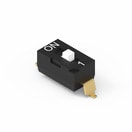 | 418121270801 | SPEC | – | 6 files | WS-DISV Small Compact SMT with Raised Actuator 2.54 mm | 1 | 3.48 | not specified | – | – | – | – | – | – | – | – | – | – | |
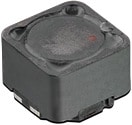 | 744878004 | SPEC | 8 files | WE-DD SMT Shielded Coupled Inductor | – | 7.3 | – | 4.7 | 4.7 | 1.3 | 1.3 | 3 | 0.065 | 0.065 | 0.075 | 0.075 | 46 |
| Order Code | Datasheet | Simulation | |
|---|---|---|---|
 | 418121270801 | SPEC | – |
 | 744878004 | SPEC |
| Samples |
|---|
| Order Code | Datasheet | Simulation | Downloads | Product series | Poles | L (mm) | Vaporphase process | L1 (µH) | L2 (µH) | IR (A) | IR 2 (A) | ISAT (A) | RDC1 typ (Ω) | RDC2 typ (Ω) | RDC1 max (Ω) | RDC2 max (Ω) | fres (MHz) | Samples |
|---|
